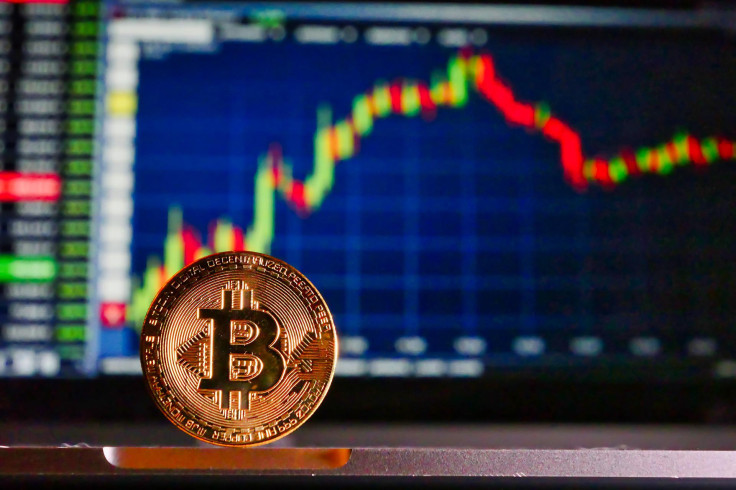Crypto Hodlers Could See An Ugly September As Data Suggests Sell-Off Season Imminent
KEY POINTS
- Bitcoin and other crypto assets could see lower prices next month
- Federal Reserve of the US intends to bring the inflation level down to 2%
- September is usually a weak month for investors
Experts basing their assessments on data warn investors that the crypto market could witness an ugly September as indicators point to a sell-off season.
The cryptocurrency market has become more bearish over the past weeks as top crypto assets Bitcoin and Ethereum continue to fall below their psychological levels. There was a market-wide sell-off over the past ten days led by miners and whales, which resulted in prices plunging below $21,000 for Bitcoin and $1559 for Ethereum.
Moreover, Chair of the Federal Reserve of the United States, Jerome Powell, revealed his hawkish stance, which further sent the top cryptocurrencies' prices plummeting even more.
These and several other bearish factors could lead to a sell-off season in the crypto market, experts said.

Given their pledge to bring inflation down to 2%, most Fed officials favor increasing the rate by 75 basis points (bps) at their upcoming meeting next month. This could mean Bitcoin risks sustaining its ongoing correction trend in September, indicating more lows.
"Retail investors are getting a little nervous about another risk-off period for the markets," considering the Federal Reserve's (Fed) hawkish stance, Matt Maley, chief market strategist at Miller Tabak & Co said. There is also the psychology of the so-called "September Effect," as well as the movement of dormant bitcoin whales.
Historical data shows that September is not Bitcoin's favorite month from 2013 to 2021, except in 2015 and 2016. This poor performance in September correlates with downturns in the stock market, where the term "September Effect" originated.
September Effect is a statistical oddity positing weak stock market returns during the period. Experts speculated that this could be due to investors exiting their market positions after the summer vacation to even tax losses and lock gains before the year closes.
Another factor for this statistical anomaly is the actions of individual investors, which mostly liquidate their assets during that period to cover their children's schooling.
"Others believe the September Effect is a result of market psychology – meaning, stocks fall in September simply because investors believe they will fall in September and sell as a result," JP Morgan, global market strategist Madison Faller, shared. "There have been many Septembers in market history that have yielded a positive return, and missing out on potential gains could hamper longer-term returns," Morgan reminded investors.
Another important bearish signal is the movement of dormant Bitcoin whales, one of which sold 5000 BTC in a single block very recently. Data shows previous movements of dormant BT whales were followed by a downturn.
© Copyright IBTimes 2024. All rights reserved.






















